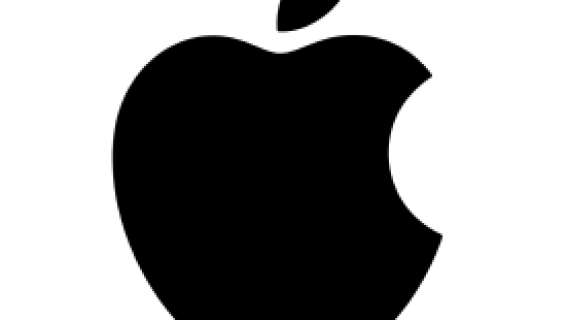You may not have seen a single minute of “Game of Thrones,” but chances are you’ve at least heard of it. HBO’s massively popular fantasy series just wrapped up its eighth and final season, but the chatter surrounding it rages on. Some people liked the way it ended. Some people hated it. But everyone who’s been watching the series for the past decade (and especially those who read the “A Song of Ice and Fire” novels on which the series was based) has a strong opinion on it. And in that way, “Game of Thrones” was a lot like Apple (AAPL), Facebook (FB) or Tesla (TSLA).
“Game of Thrones,” Investing and the Power of Overreaction
Like those three now-universally recognized companies, “Game of Thrones” started from relatively humble beginnings. It premiered in 2011 to modest fanfare, but with every season its audience swelled thanks to the show’s sheer quality and the shocking nature of its subversive, anti-fantasy storytelling. By the time it hit Seasons 4, 5 and 6—arguably its best stretch from a creative standpoint—it had become a global phenomenon and seemingly could do no wrong.
[text_ad use_post='129622']
Sounds a lot like Apple seven years ago, Facebook five years ago, and Tesla three years ago…doesn’t it?
That was when those companies all reached what Cabot Chief Investment Strategist Tim Lutts likes to call “peak perception”—that point at which a company (and stock) has reached its apex in terms of investor perception. And once you’ve reached the top, there’s nowhere to go but down. Well, that’s what happened to “Game of Thrones” in its last two seasons, in part due to the showrunners’ head-scratching decision to shorten them to 13 episodes instead of 20, resulting in some frustratingly rushed plot lines on a show that thrived when it took its time.
But the level of vitriol toward the show as it flew toward an ending at dragon’s speed was due in large part to outsized expectations. As the audience swelled to global phenomenon status—more than 43 million people in the U.S. alone watched last week’s penultimate episode—countless fan theories about how it would all end set the show up for disappointment. “Game of Thrones” became a victim of its own success.
Similarly, when a company like Tesla fails to grow at breakneck speed the way it did early on, or when Apple loses its capacity for creative innovation and instead becomes an iPhone factory, or when Facebook makes all the wrong kind of headlines, their stocks suffer. After setting the bar so high for so many years, anything short of that became a disappointment.
But perhaps the biggest parallel between “Game of Thrones” fandom and Wall Street is the pervasive overreaction. Investors are a fickle bunch, pouncing on any slight show of weakness, especially when a company has shown nothing but strength. They sell out of a stock in droves the second an earnings report disappoints or an unflattering headline surfaces. Ditto “Game of Thrones” fans after a muddled plot point or a character turn that didn’t feel fully earned. Going by the vocal minority who vent their frustrations on Twitter (and the million people, the majority of whom undoubtedly live in their parents’ basements, who signed a petition to actually have HBO re-do the final series), you’d think “Game of Thrones” was the worst, most nonsensical show on television these last few weeks.
Years from now, and probably even months (or maybe weeks), those same fans will realize what a great show “Game of Thrones” was, and why they fell in love with it in the first place. They may not have liked the ending. But there was a reason so many people were watching it and cared so deeply about it and the fate of its many beloved characters.
Similarly, the romance phase for Apple stock, Facebook stock and Tesla stock is over. Peak perception has long passed, and all three blue-chip stocks have come crashing back to earth. But that doesn’t mean they can’t be good investments going forward.
Sure, the fervor over all three has subsided. But they’re still solid companies with strong sales growth, revolutionary products lots of people still use and like, and depressed share prices due to rampant (over?)selling. Chances are, if you invest in any of them, you’ll probably make good money in the next one-, three- and five-year periods—and beyond.
And if you’re angry about how “Game of Thrones” ended, give it a year or two and then re-watch it from the beginning. I bet you’ll like what you see.
[author_ad]

